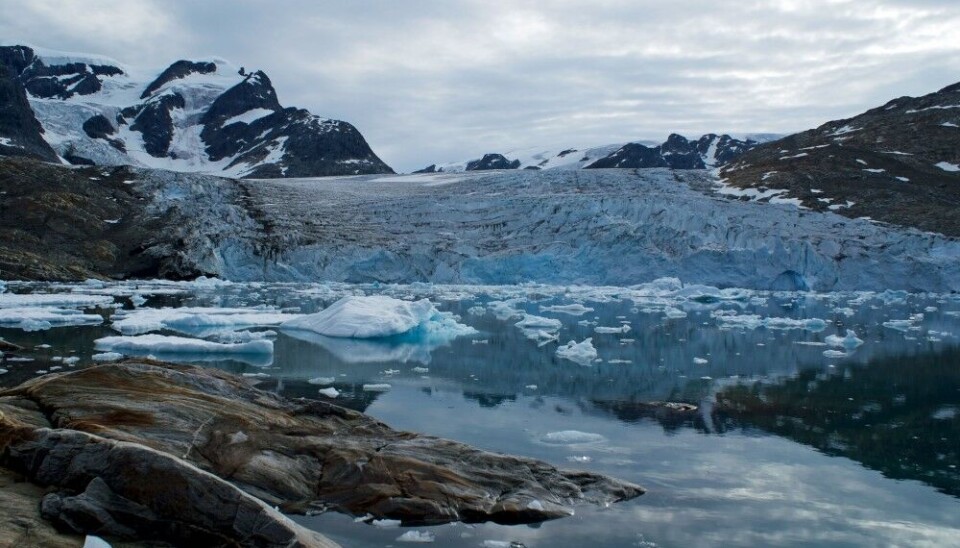
New study reveals Greenland’s glaciers losing more ice than thought
A new study examining almost 40 years of data reveals that Greenland’s glaciers have lost more ice than previously thought.
“Our results indicate that, by neglecting calving-front retreat, current consensus estimates of ice-sheet mass balance have underestimated recent mass loss from Greenland by as much as 20 per cent,” the paper’s authors say.
The research, published in the journal Nature on Wednesday, was done by crunching 236,328 observations of the end points of glaciers—some from researchers doing physical or visual data collection, and some from AI—from the period of 1985 to 2022.
They then used this information to create map representations of the ice sheet for every month in the period.
Afterward, they studied the maps to identify patterns in the way the ice sheet expanded or reduced in size.
‘What we found surprised us’
The U.S.-based researchers then observed that, solely due to the edge’s retreat since 1985, over 1,000 gigatonnes of ice were lost. This represents an additional 20% loss that hadn’t been previously considered
“What we found surprised us,” the authors said in a Nature research briefing about their work.
“First, the Greenland ice sheet has lost appreciably more ice in recent decades than previously thought. Previous assessments of Greenland’s ice loss have considered only the losses that were caused by melt and increased ice flow (glacier movement) and have not accounted for losses at the edge of the ice sheet that resulted from glacier terminus retreat.”
The paper’s authors say their other key finding was that the glaciers that were the most sensitive to warming temperatures were the glaciers that had the most significant changes in size during the seasons, growing in winter and shrinking in summer.
The researchers say the ice loss observed in their findings isn’t enough to make a difference in rising sea levels worldwide, but that it could impact ocean current and how heat is spread around the world.
With Greenland continuing to transform, the authors say they’re gearing up for further investigation.
“The next step is to use our observations of glacier terminus retreat in a model to understand how Greenland’s changing landscape might have primed the ice sheet for further contributions to sea-level rise.”
This story is posted on the Barents Observer as part of Eye on the Arctic, a collaborative partnership between public and private circumpolar media organizations.













